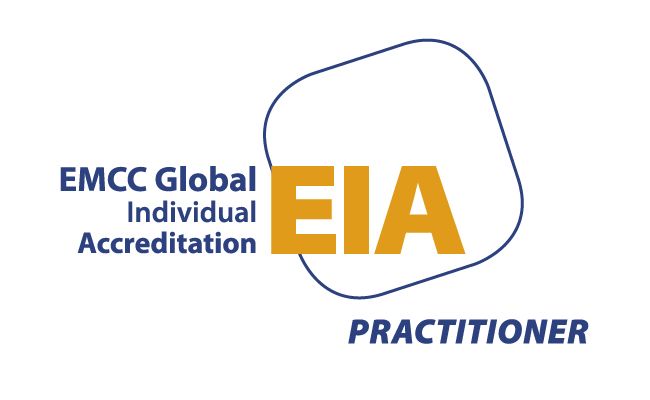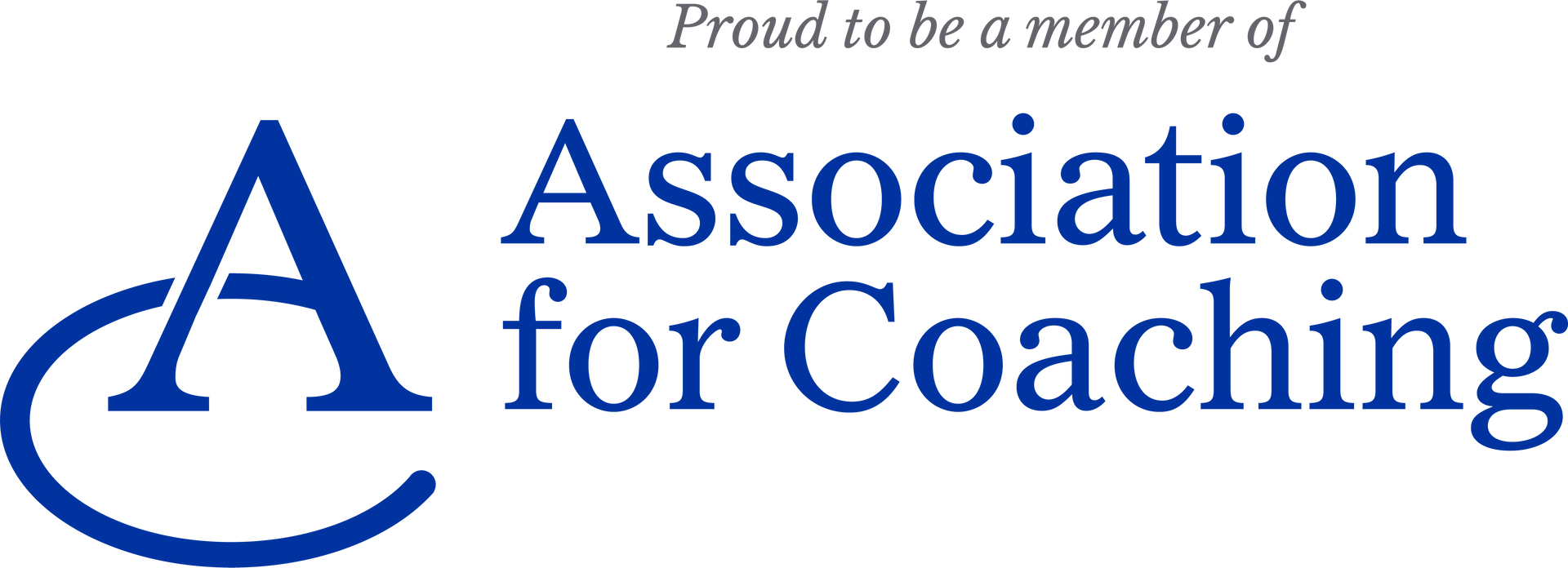Humility in Leadership
Barbra Carlisle • June 13, 2025
Knowing every aspect of your organisation

“I learnt a lot by going in and making the cups of tea, and hoovering up for them.”
That quote came from Alan Adams, General Manager of Southport Flower Show and a guest on my podcast *The Unlikely Executive*. It stuck with me, not because it was about tea or hoovers ( though I do like the former, the latter less so), but because it captured something about a certain type of leadership: the insight that comes from experiencing all aspects of the organisation. I believe this links to leader empathy.
In the charity sector, I have met three broad types of leaders
1. those who have 'worked' their way up
2. those who have pivoted from private to third sector and entered at a senior level (more about them in a later newsletter article)
3. those who have almost been pushed into leadership through personal circumstance (for example those who set up charities on the back of a personal trauma - again I will post about this at a later date)
Today I want to focus on those who have worked their way up. They’ve been on the frontlines, run community events, answered helpline calls. That experience gives them a deep understanding of the people they serve and the teams they lead.
But what if you didn’t start there?
What if you came into leadership from another sector, or stepped into a senior role early in your career? Does that mean you’re missing something?
Not necessarily. But it does mean you need to be intentional about how you connect with the frontline.
Why it matters
Leaders who understand the day-to-day realities of their teams make better decisions. They build more trust. They’re more likely to spot issues early and respond with empathy.
In a recent People Management report, 41% of UK businesses now see learning and development as central to their strategy. That includes developing leaders who can connect across levels — not just manage from the top.
How to build that connection (even if you didn’t start at the bottom)
- Spend time with your team. Not just in meetings, but in their world. Sit in on calls. Visit service sites. Ask questions.
- Listen without fixing. Sometimes the most powerful thing you can do is listen without jumping in with a solution.
- Be curious, not performative. People can tell when you’re ticking a box. Show genuine interest in their work and challenges.
- Share your own learning curve. Vulnerability builds trust. If you’re learning, say so.
- my own personal favourite - have a work experience week
- where you do a role that you have never tried before and take advice and guidance from the current postholder.
At Glee, I work with leaders who want to lead with more empathy and impact — whether they started on the frontlines or not. What matters most is your willingness to understand, adapt, and grow.
Because leadership isn’t about where you started. It’s about how you show up now.




